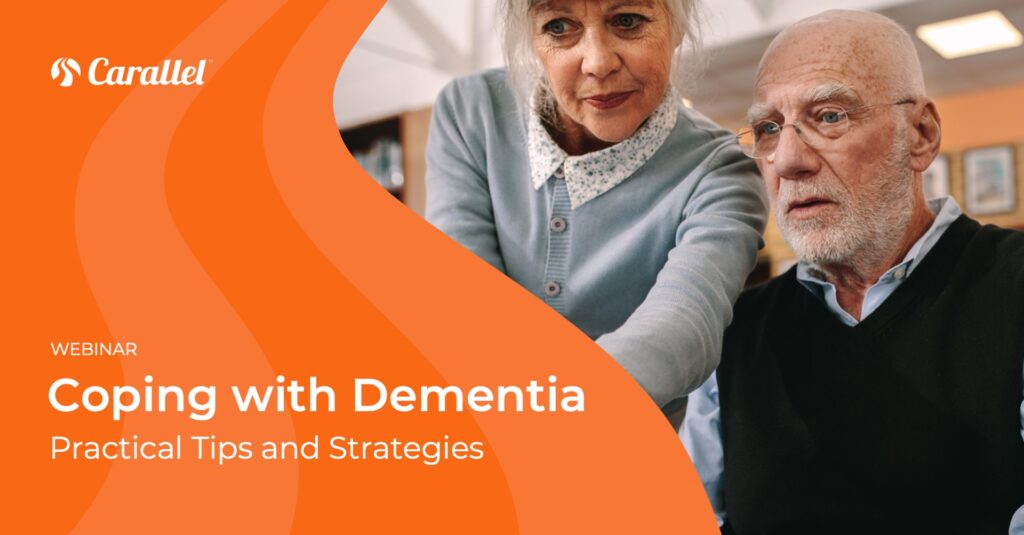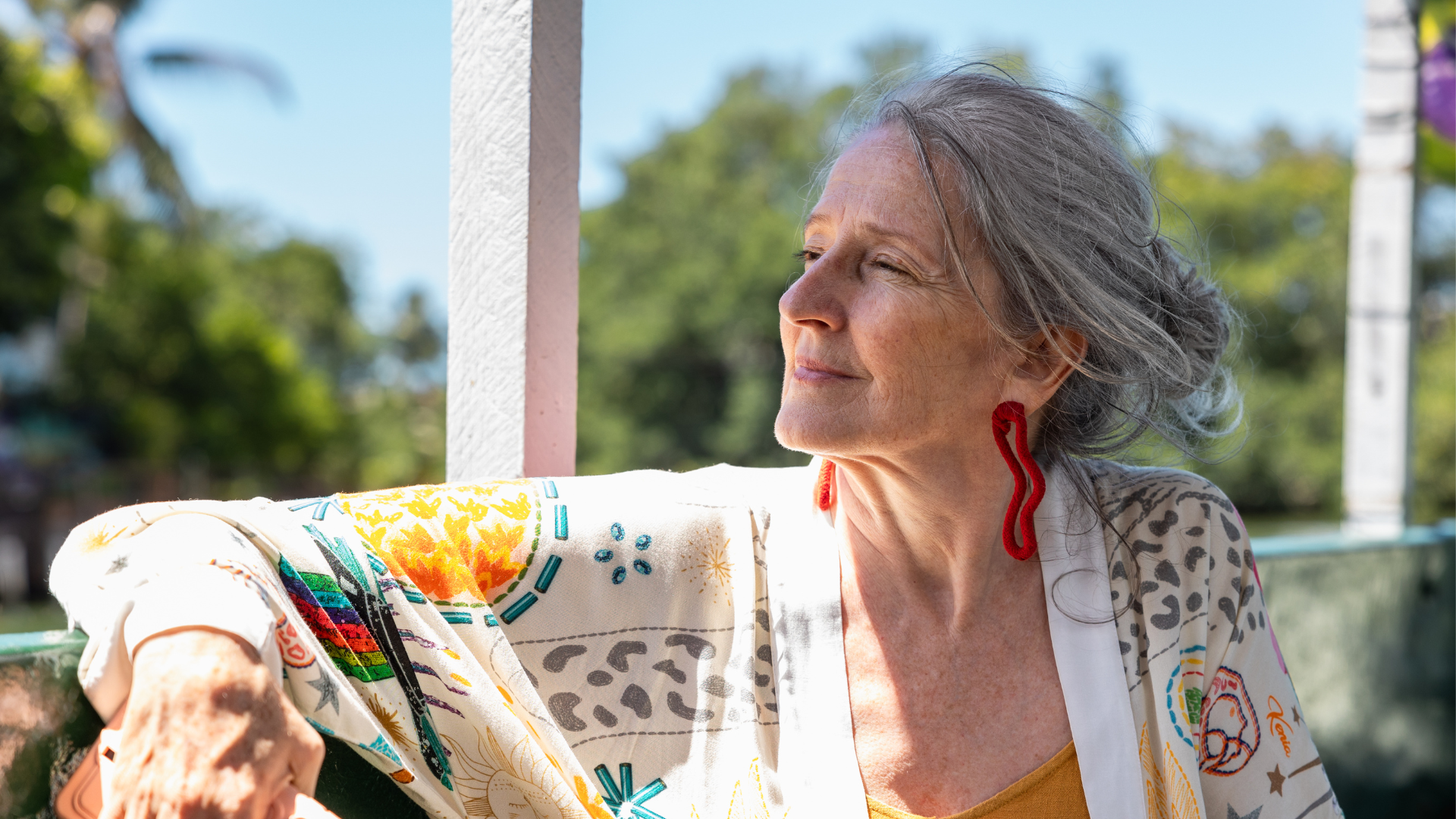Caregiver Story | 11/11/21
Caregiving Can Be a Balancing Act

Caregiving can be exhausting, even if it’s an act of love.
Maria is 57 and balances a full-time job with caring for her 88-year-old mother. She has worked with our Care Advocates to navigate her own caregiving journey and find support. Her story, shared here, is not uncommon, although her identity has been redacted.
How did you become a caregiver?

My father died many years ago. I have two sisters who live out of state, but I am the only one of us who lives close to Mom. I love my mom and always expected that I would help her out as she got older.
–
During the past year, her health has really declined, so I’ve needed to put more time into caring for her, and now I’m helping out with almost everything – shopping, daily care, bills, doctor appointments.
Caregivers often feel alone and experience feelings of guilt when the burden of caregiving gets them down. At first, a support group may feel like just one more item on the “to-do list.” But the emotional support and knowledge sharing that goes on can be life-changing for stressed-out caregivers.
Stephanie, Carallel Care Advocate
How are you caring for your mother?

I grocery shop, cook, and keep the house clean. I take her to all of her doctor appointments too. As she has become more frail, I have to help her take baths and make sure she has clean clothes. Just recently I realized she wasn’t taking all of her medications, so now I put together pillboxes for her and make sure she’s taking what she needs.
–
I also try to just spend time with her because Covid has made it really hard for her to socialize, but honestly, it’s hard to do that when I’m trying to juggle my job and all of the caregiving work.
Are there aspects of caregiving that you find challenging?

Yes, for sure. I work full-time. I try really hard to take care of my Mom and do a good job at work, but sometimes it feels overwhelming. When I am at work, I get stressed thinking about her. When I’m with Mom, I’m worrying about work. It feels like a no-win situation because I can’t juggle it all. I really like my job and the people I work with, but I don’t feel comfortable letting them know what I’m dealing with. I wish I could talk to people who are in the same boat.
–
My mom took such good care of me for so many years — I want to do the same for her. It’s a blessing to be able to give back to her. I know that in my heart, but when I am exhausted it doesn’t always feel like a blessing. It feels like a weight. I feel bad to say it but that’s how I feel sometimes.
Here are some ways working caregivers can get help:
Join one of the many support groups available to caregivers.
Look for services your loved one may be qualified to receive. This could include meals, transportation or respite care to give you a break.
Ask whether your employer offers caregiver leave or other caregiver support benefits.
Help to create a culture of caregiving in your workplace by sharing your caregiving experiences with trusted colleagues.

Is someone you love dealing with memory loss?
Caring for a loved one with memory loss or dementia poses many challenges, including difficult behaviors, communication problems, and safety risks.
–
In this free webinar, our Care Advocate teams will provide practical strategies for dealing with common dementia challenges as well as tips for coping while caring for a loved one with dementia.
Wednesday, Nov 17, 2021 11:00 AM CT
–
The latest from Carallel

Caregiver Journey Webinar
A Caregiver Conversation by Carallel: Helping Children Adjust When a Loved One Moves In
We dive into the practical realities of moving the person you're caring for into your home - and offer simple tips for helping children adjust....

Blog
The ‘Invisible Second Patient’: Understanding the Role of Dementia Caregivers
There are 16 million Americans caring for a loved one with Alzheimer’s disease or a related dementia today. Despite the group’s sheer size, they...
